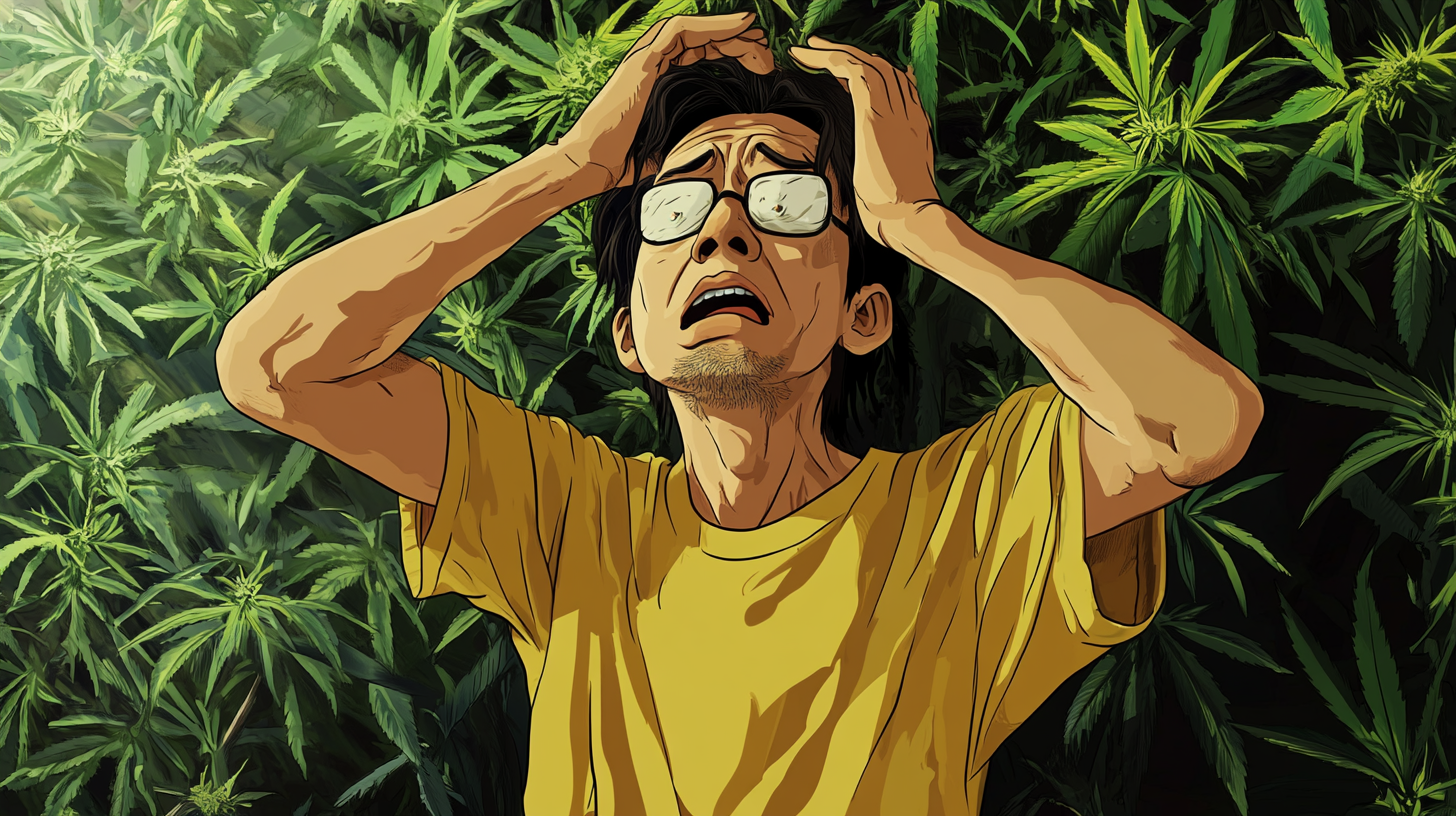Last updated on August 29th, 2024 at 04:02 am
Since cannabis was removed from Thailand’s narcotics list in mid-2022, the plant’s economic and medical benefits have been hotly debated. However, a lack of clear laws and regulations has led to significant societal impacts, especially among children and adolescents. As Thailand shifts towards stricter cannabis regulations, the country finds itself at a crossroads, trying to balance economic benefits with public health and cultural heritage.
A Rich Legacy and Rapid Legal Shifts
Cannabis has deep roots in Thai culture, dating back centuries to the Ayutthaya Kingdom, where it was used in traditional ceremonies, cooking, and medicine. Popular dishes like “Kuay Teow Ruea” included cannabis, underscoring its integration into daily life. However, by the 20th century, driven by international pressures, cannabis faced severe legal restrictions and was classified as illegal in the 1970s.
In 2018, Thailand made a historic move by legalizing medicinal cannabis, becoming the first Asian nation to do so. This policy shift was celebrated by patients and healthcare providers alike. By 2022, cannabis with less than 0.2% THC was decriminalized, sparking a surge in cannabis dispensaries and products across the nation. Despite these advances, recreational use remained contentious, and the government is now poised to reclassify cannabis as a category 5 narcotic by the end of 2024, limiting its use strictly to medical and research purposes.
Economic and Medical Impacts: Opportunities and Challenges
Cannabis legalization has had a significant economic impact, particularly in rural areas, creating new opportunities for farmers and entrepreneurs. The medicinal cannabis program has expanded, providing treatments for conditions like chronic pain and cancer-related symptoms. However, as the government leans towards restrictive policies, the cannabis industry faces potential setbacks. Research by the Thailand Development Research Institute (TDRI) questions whether the financial value of cannabis is worth the societal costs, particularly regarding its impact on youth.
The cannabis value chain starts with cultivation and extends through various stages, including processing into medical treatments, household items, and foods. Despite the broad market, rapid expansion has led to oversupply, plummeting prices, and reduced profitability for businesses. Registered cannabis enterprises have generated around 39 million THB, but overall, the industry has faced combined losses of 194 million THB, with only 25% of businesses turning a profit.
Furthermore, hidden costs are associated with cultivation, such as high investment and operational expenses estimated at 2,000 THB per plant. Experts argue that while the market holds potential, stringent regulations are essential to prevent misuse and protect public health, especially among young people vulnerable to addiction risks and mental health issues.
A Shifting Legal Landscape: Tighter Controls Ahead
With the tightening of cannabis regulations, Thailand’s legal landscape is set for significant change. Starting in 2024, recreational cannabis use may face stringent restrictions, including fines of up to 60,000 baht ($1,700) and prison sentences of up to a year for unauthorized use or cultivation. The Thai government’s current focus is to maintain cannabis as a tool for medical and economic growth while preventing its drift into recreational misuse.
Public consumption, including smoking or vaping, is banned, and violations are met with heavy penalties. Licensed dispensaries and cultivators will continue to operate under stricter oversight and compliance requirements. This evolving regulatory environment poses challenges for cannabis enthusiasts and business owners who must now navigate a complex legal system to remain compliant.
Balancing Tradition, Health, and Economic Growth
Thailand’s evolving stance on cannabis reflects the complex interplay between preserving cultural heritage, safeguarding public health, and harnessing economic potential. As the government pushes forward with plans to reclassify cannabis, industry players and consumers must stay informed and adapt to the upcoming changes. The future of cannabis in Thailand hinges on finding the right balance between strict regulation and the economic opportunities the plant offers.
